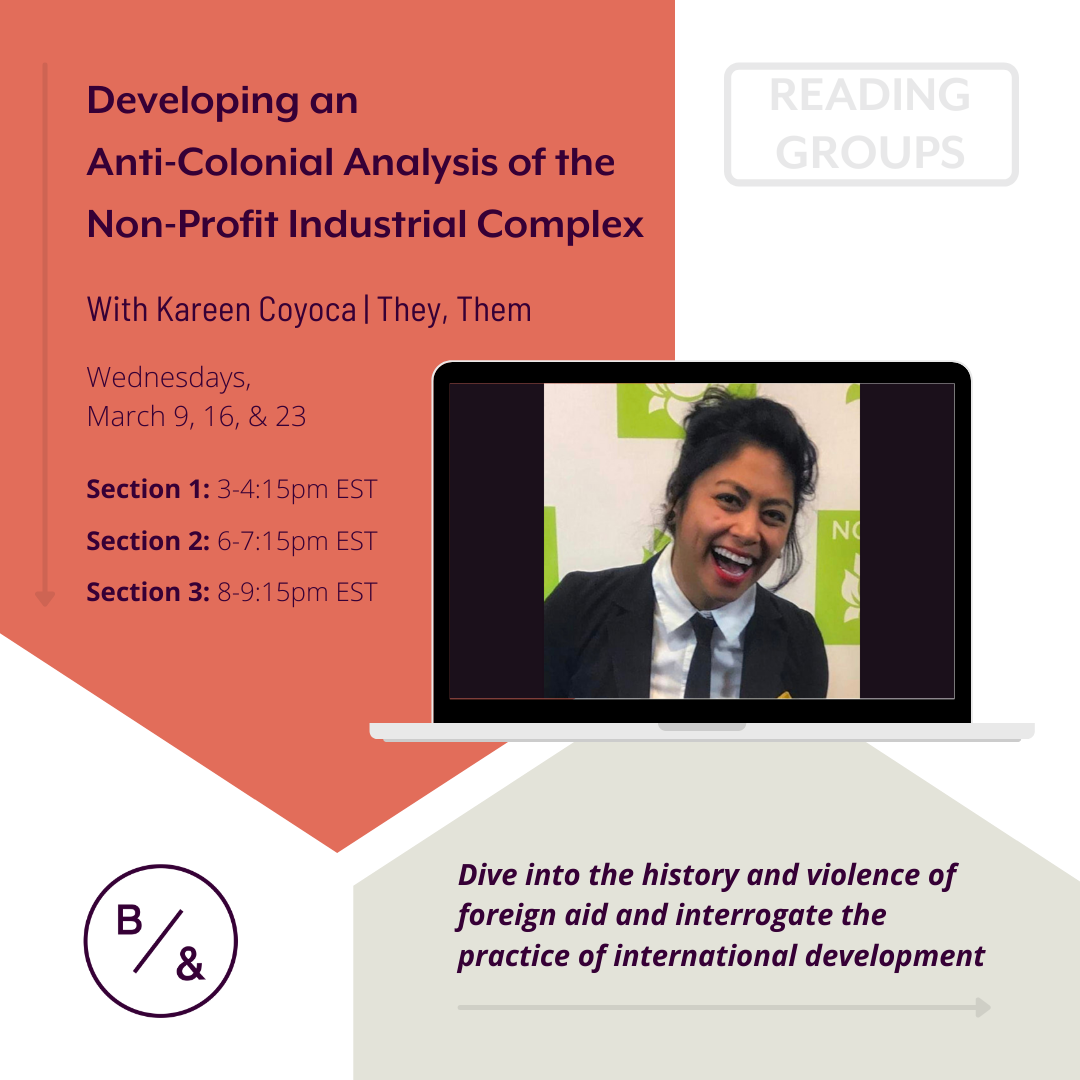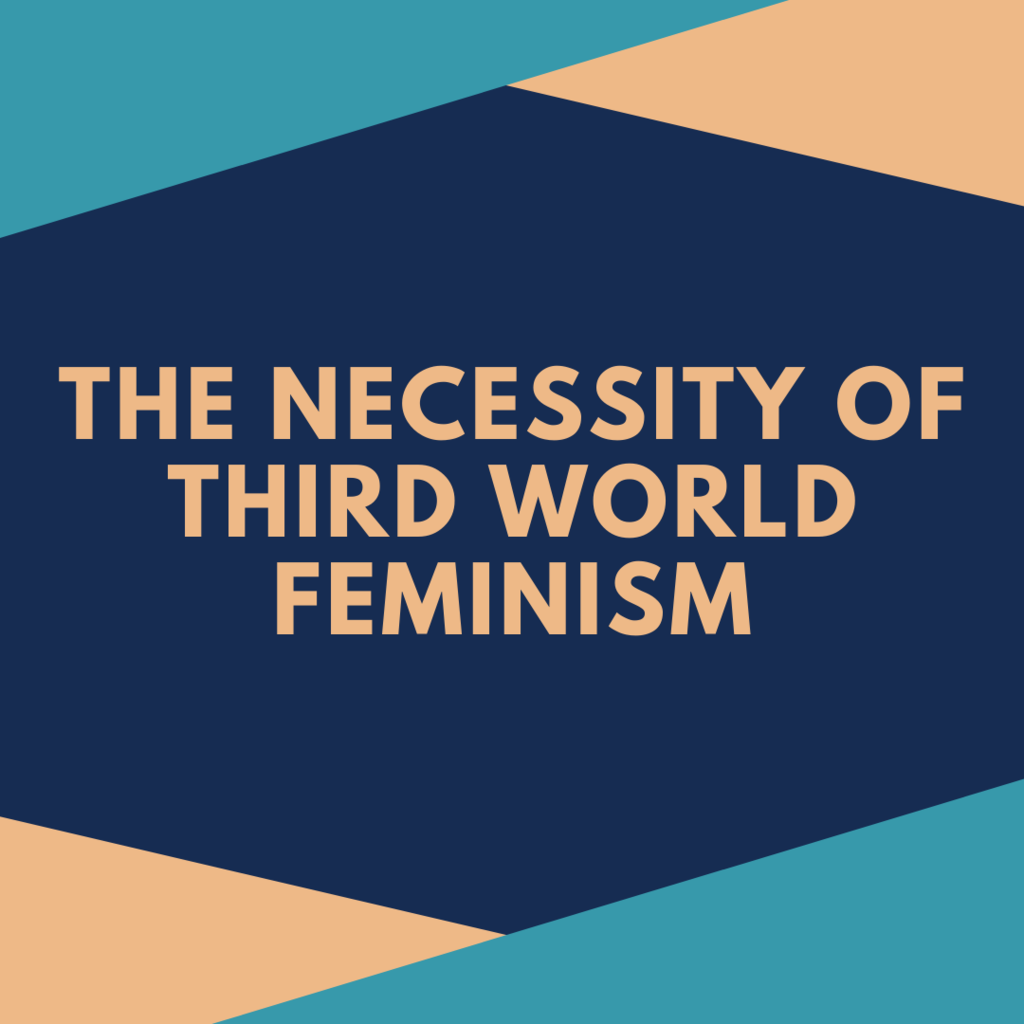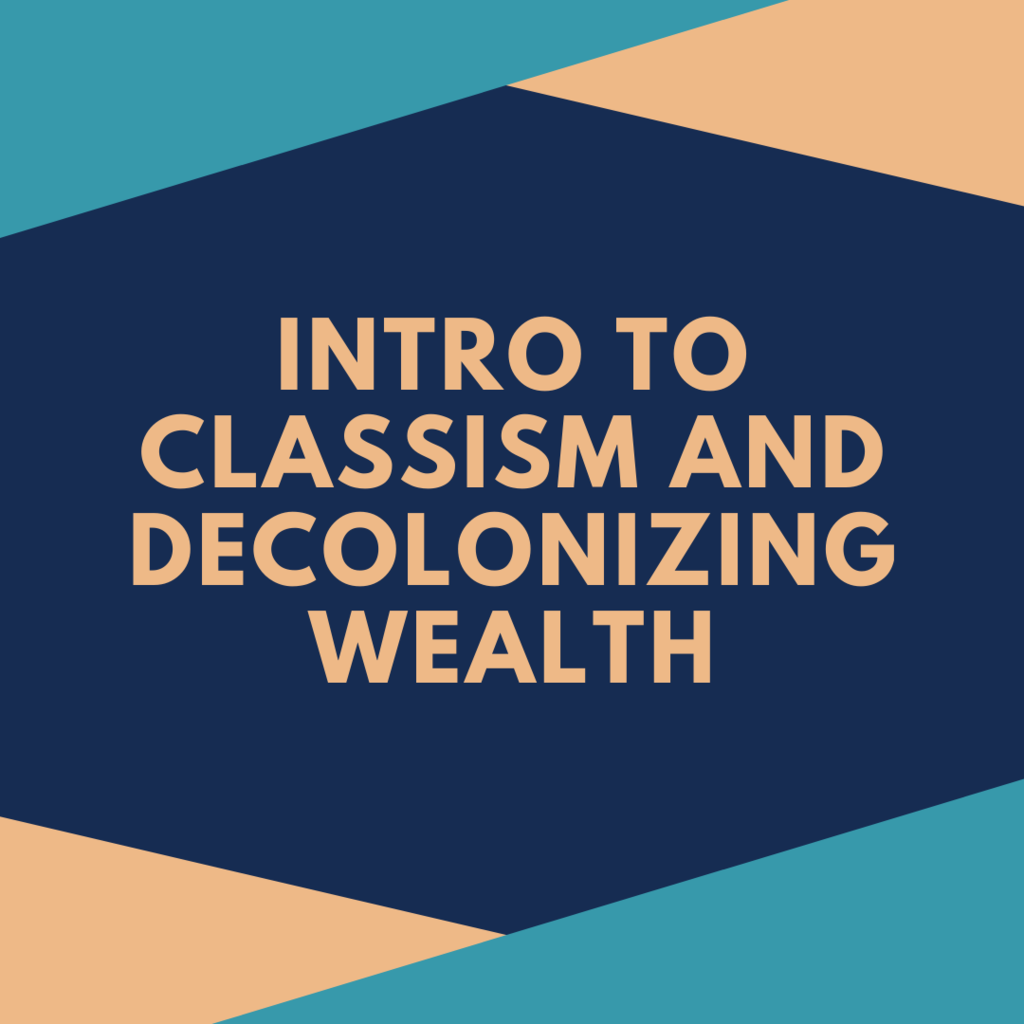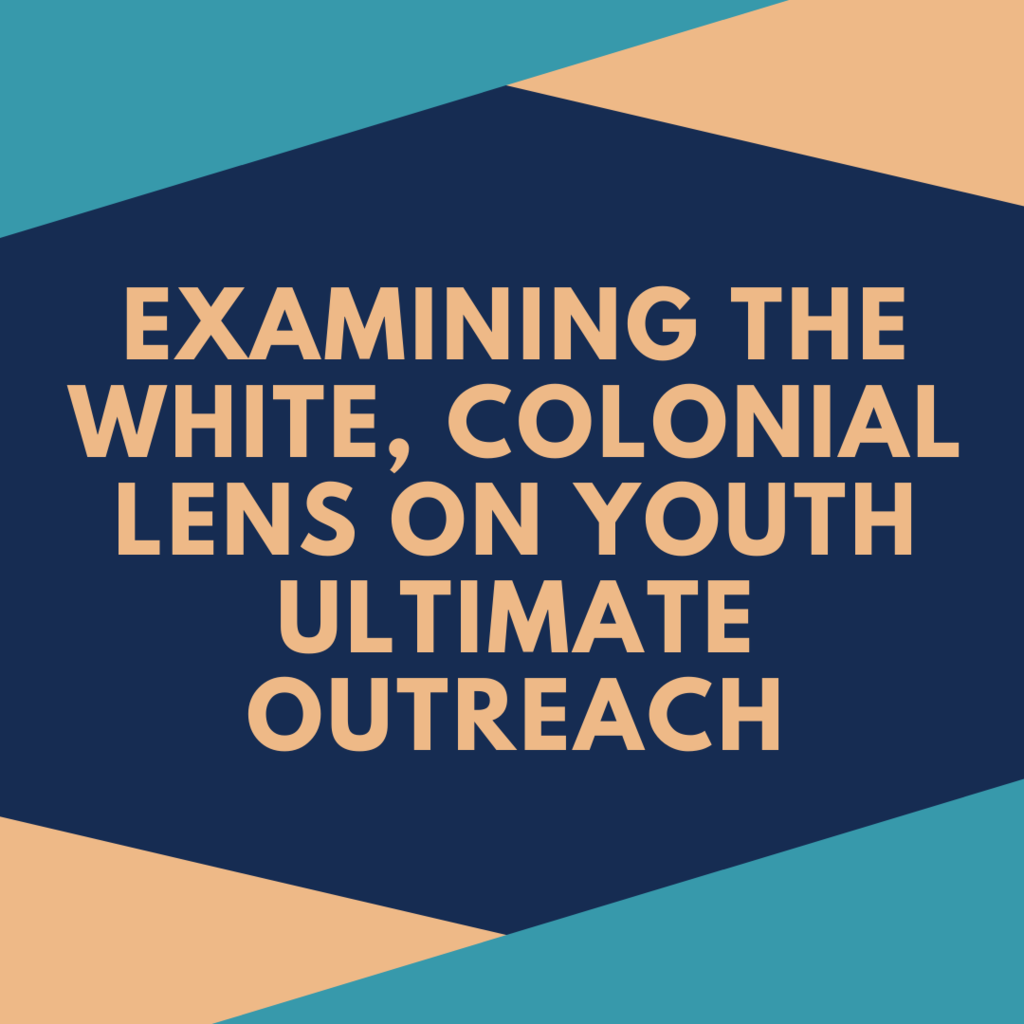In this moment of COVID-19 and rising anti-Asian racism, we’re reminded of a long history of racism and exclusion towards Asian American communities. Why do Chinatowns exist? Why are there so few Asian American celebrities? Is “Chinese take-out” more American than apple pie? Where did Asian Americans go to school during segregation? Are Asian Americans people of color? What does it mean to be a US citizen, but not seen as American? This is an introductory course to Asian American history that seeks to fill in the gaps from typical K-12 US history courses.
Over the course of four weeks we will investigate themes of Asian American history, immigration, war, empire, activism, and culture. This course also unpacks the origins of the term “Asian American,” the intersections of race and gender in Asian American history, and moments of inter- and intra-racial solidarity. Moreover, we will look at how the history of Asian American experiences relates to how we think about ourselves and each other, including feelings of otherness and non-belonging.This course is designed to be an affinity space for Asian American* folks to share and discuss our history, our stories, and our experiences, with the main goal to build community and solidarity with each other. While we have designed it with the ultimate community in mind, this course is not restricted only to ultimate players. Facilitated by Rena Kawabata (She/Her) and Chip Chang (She/Her).
*The Asian American diaspora encompasses a wide variety of experiences, cultures, ethnicities, and histories. By placing a label as wide as “Asian American,” there’s an undesired effect of white-washing, homogenizing, and erasing of our differences. However, we use the term “Asian American,” as it was originally intended, to acknowledge our differences and find parallels in our stories where we can find community, solidarity, and affinity across our experiences and within a US constructed racial category. And we are choosing to use this term to differentiate the unique immigrant & Asian experience from that of Asian people who live in the social and structural contexts of Asian countries.



















